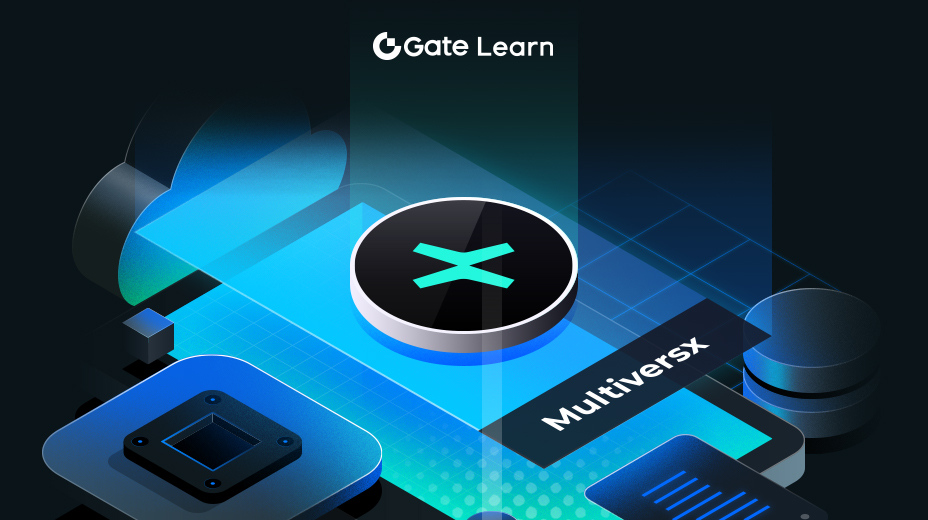Présentation du protocole Solv
Dans cette leçon, nous explorerons les aspects fondamentaux du protocole Solv, en mettant l'accent sur sa mission d'améliorer la liquidité du Bitcoin dans l'écosystème DeFi. Nous découvrirons l'origine de ce protocole, son équipe visionnaire et sa mission globale de promouvoir une approche innovante, notamment en utilisant la norme de jeton semi-fongible ERC-3525 pour faciliter des produits financiers uniques.
Aperçu du protocole et histoire du développement

Protocole Solvest une plateforme financière innovante qui vise à améliorer la liquidité et l’utilité du bitcoin dans l’écosystème de la finance décentralisée (DeFi). En résolvant le problème de la fragmentation de la liquidité du bitcoin, le protocole Solv espère unifier la vaste valeur économique du bitcoin et l’exploiter sur plusieurs réseaux de blockchain. Sa mission principale est de connecter l’économie Bitcoin de mille milliards de dollars à la DeFi grâce à la création d’instruments financiers innovants, notamment son produit phare SolvBTC. SolvBTC est un jeton de jalonnement liquide qui permet aux détenteurs de bitcoins de participer à la DeFi tout en gagnant du rendement en bitcoins sans sacrifier la liquidité.
Le développement du protocole Solv est né de la demande de solutions de liquidité et d'opportunités de rendement pour les détenteurs de Bitcoin dans le domaine de la DeFi. Conscient des limitations de l'interaction entre Bitcoin et les plateformes DeFi, le protocole Solv a lancé une série de produits, y compris différentes versions de SolvBTC, pour répondre aux besoins des différents acteurs du marché des crypto-monnaies. Le protocole Solv utilise la norme de jetons semi-fongibles ERC-3525 pour fournir ces produits financiers innovants. Cette norme permet de créer des instruments financiers polyvalents avec différents niveaux d'investissement et de rendement pour répondre aux besoins spécifiques des investisseurs individuels.
Depuis le début, le protocole Solv se concentre sur le développement continu et l'amélioration de son infrastructure technologique. La plate-forme est soigneusement conçue pour assurer des opérations sécurisées, efficaces et évolutives, et intègre des mesures de sécurité complètes telles que le réseau de validation de la liquidité et Solv Guard. Alors que le protocole Solv continue de se développer, il s'engage toujours à intégrer Bitcoin plus profondément dans la finance décentralisée, ouvrant ainsi de nouvelles voies de liquidité et d'opportunités de revenus pour les passionnés de cryptomonnaie du monde entier.
Équipe et fondateur
Le protocole Solv a été créé conjointement par Ryan Chow, Yan Meng et Will Wang. Chaque fondateur apporte des compétences et une expérience uniques, qui ont façonné le développement et le succès du protocole Solv.
Ryan Chow and Yan Meng serve as co-CEOs. Ryan Chow's leadership has played a key role in defining the strategic direction of the Solv protocol and focusing on innovation and the integration of Bitcoin and the DeFi ecosystem. Yan Meng, co-leading with Ryan Chow, complements this vision by focusing on operational excellence and expanding Solv's market influence.
En tant que CTO et architecte en chef, Will Wang a joué un rôle clé dans le développement de l’infrastructure technique du protocole Solv. Son expertise en matière de technologie et d’architecture blockchain est essentielle à la construction d’une plateforme robuste et évolutive pour prendre en charge les produits financiers innovants du protocole Solv.
La vision commune des fondateurs est d'améliorer la liquidité du Bitcoin et de garantir que le protocole Solv reste à la pointe de l'innovation DeFi. Leur leadership collaboratif et leurs compétences complémentaires ont posé des bases solides pour le protocole Solv, le guidant dans l'adaptation aux progrès technologiques rapides et aux demandes de marché complexes.
Mission du projet
La mission du protocole Solv est d'améliorer la liquidité du Bitcoin dans l'écosystème de la finance décentralisée (DeFi). Le protocole vise à atteindre cet objectif en combinant la valeur marchande énorme du Bitcoin avec la polyvalence et la capacité dynamique des plateformes DeFi, en développant et en proposant des produits financiers innovants.
Le protocole Solv est spécialement conçu pour résoudre le problème de la fragmentation de la liquidité du Bitcoin, le rendant plus accessible et utilisable dans le domaine de la DeFi. En utilisant la norme de jeton semi-fongible ERC-3525, le protocole Solv introduit une gamme de jetons de mise en liquidité tels que SolvBTC, SolvBTC.ENA et SolvBTC.Babylon. Ces produits permettent non seulement aux détenteurs de Bitcoin de maintenir la liquidité, mais également de participer activement à diverses activités de génération de revenus dans des environnements blockchain.
L'objectif final du protocole Solv est de créer une matrice de liquidité Bitcoin unifiée, simplifiant l'interaction entre Bitcoin et DeFi, ouvrant ainsi une série de nouvelles opportunités pour les détenteurs de Bitcoin. Cela implique non seulement le staking et le farming de revenus, mais également de garantir que ces processus soient sécurisés, efficaces et accessibles sur plusieurs chaînes, et intégrés à l'écosystème DeFi plus large afin de maximiser le potentiel de rendement pour les utilisateurs.





